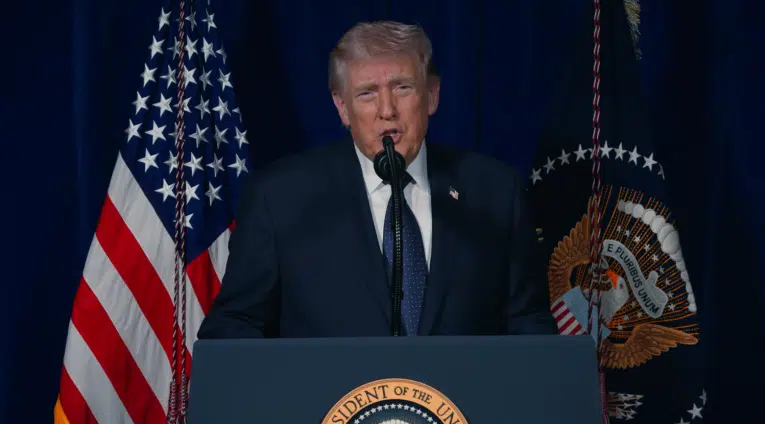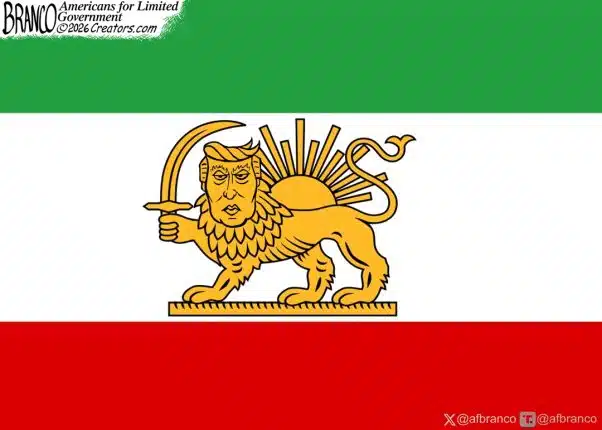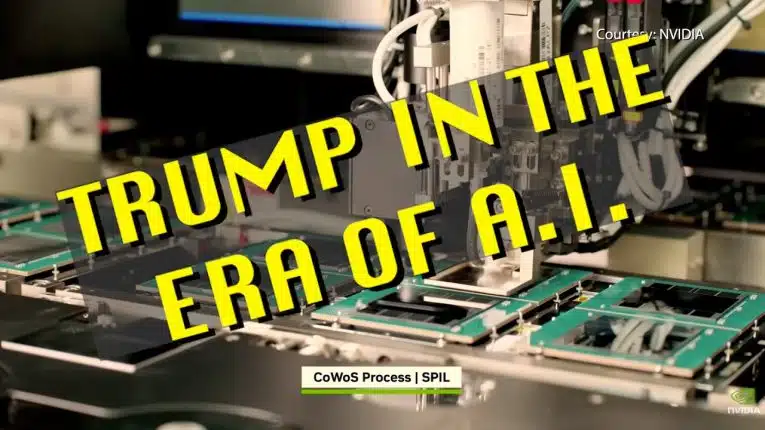 By Howard Rich — According to a recent Pew Research Center study, most Americans are ignoring the Occupy Wall Street movement.
By Howard Rich — According to a recent Pew Research Center study, most Americans are ignoring the Occupy Wall Street movement.
“There is significantly less public interest in the current Occupy Wall Street protests than there was in the Tea Party protests in early 2009, when they were receiving comparable levels of media coverage,” the Pew study found.
The study also discovered that roughly equal percentages of Democrats, Republicans and Independents are ignoring the protests – “a sharp contrast with the intense Republican interest in early Tea Party protests in 2009.”
But is flipping the channel the appropriate response to these demonstrations? Or — strange as it may seem – should those of us who support constitutionally-limited government be taking a closer look at this “liberal” movement in search of possible ideological compatriots?
Launched by Adbusters Media Foundation — a group of radical Canadian environmentalists and anti-capitalists — Occupy Wall Street was intended as a left-leaning, special interest-driven operation from the very start. That’s why it was so quickly co-opted by labor leaders, Hollywood elites and liberal politicians.
But within this embrace from the “professional left” is an overlooked acknowledgment of what’s really driving these protests.
“I support the message to the establishment, whether it’s Wall Street or the political establishment and the rest, that change has to happen,” former House Speaker Nancy Pelosi said.
No argument here. But what does Pelosi think prompted this acknowledgement?
“I think they are angry that they don’t have jobs,” Pelosi said of the protesters. “There’s nothing that makes you angrier than not being able to provide for your family or understand what your prospects are for the future.”
These statements are compelling indictments of Barack Obama’s failure to bring “hope and change” to America — as well as the failure of his policies to “stimulate” the American economy. But they also expose a fundamental disconnect between the individuals who are doing the protesting and those seeking to advance a narrow agenda on their backs. In fact this disconnect is eerily similar to the one that continues to exist between the Tea Party and certain establishment Republicans whose addiction to crony capitalism and obscenely big government resulted in the GOP being routed from power in 2006 and 2008.
In both cases the real enemy isn’t “corporate America,” but rather a federal government that has spent, lent, pledged and printed trillions of dollars to prop up a select group of politically-connected corporate interests while slipping its tentacles deeper into what used to be the free market economy.
In his own meandering and marginally-informed way, Adrian Parsons — one of the Occupy DC protesters – approached this realization in a recent interview with Americans for Limited Government.
“Unfortunately the government and the Supreme Court allowed a lot of the policies that have happened to let corporate government get a raging bull capitalism that’s kind of been in place and has allowed their vote to count for more,” Parsons said.
Grammatically challenged as Parson’s observation may be, he’s fumbling toward an important truth.
After all, it was the federal government that approved $16.1 trillion in emergency loans between Dec. 1, 2007 and July 21, 2010 — money that went to overseas banks ($3.08 trillion), Citigroup ($2.5 trillion), Morgan Stanley ($2.04 trillion), Merill Lynch ($1.9 trillion) and Bank of America ($1.3 trillion), among others.
It was also the federal government that awarded a $535 million to now-defunct Solyndra — part of a colossally-failed $93 billion “green investment” included in Barack Obama’s bureaucratic bailout.
It was the federal government that bailed out Detroit, Fannie Mae and Freddie Mac — and it was the federal government that bailed out Wall Street to the tune of $700 billion (prior to “occupying” it via the draconian Dodd-Frank legislation).
The Occupy Wall Street protesters may not recognize it yet, but they have met the enemy. It’s not “corporate greed,” but rather a government that continues to prop up private sector failure (and individual irresponsibility) at the expense of the American taxpayer.
The author is chairman of Americans for Limited Government.






